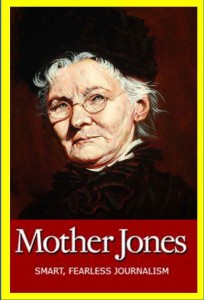 This Man Wrote Hundreds of Letters Warning Politicians Not to Lie. It Worked.
This Man Wrote Hundreds of Letters Warning Politicians Not to Lie. It Worked.
Political scientist Brendan Nyhan explains why fact-checking keeps candidates honest…sometimes.
Nyhan hasn't just been studying the fact-check movement; he was there at its origins. In the early 2000s, he coauthored a site called Spinsanity.com, a nonpartisan fact-checking outlet. It was the beginning of a wave: In 2003, the Annenberg Public Policy Center at the University of Pennsylvania launched FactCheck.org. But the real fact-checking movement kicked into gear in the late 2000s, with the launch of PolitiFact, by far the most widely known of these outlets, as well as the 2007 launch of the Washington Post fact-checker column, now written by Glenn Kessler.
. . . . . .
So what does the evidence show about this endeavor?
First the good news: Overall, the fact-checkers have reinforced the idea that reality exists, and journalists are capable of discerning what it is.
. . . . . .
A far tougher issue, though, is whether minds change when fact-checkers make their pronouncements. On the level of individual psychology, repeated studies by Nyhan and others have shown that it is very hard to correct a misperception once it is out there in the media ether.



